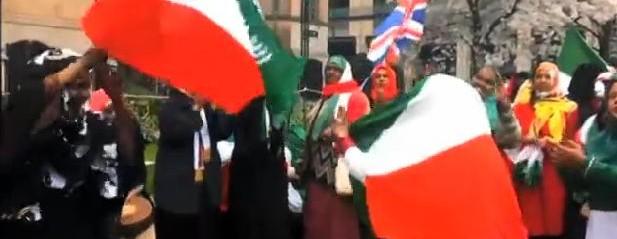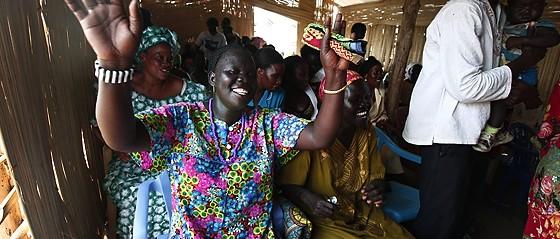Sheffield Council votes for Somaliland independence – By Magnus Taylor

A council in the British city of Sheffield has voted in support of independence for the Horn of Africa’s famous non-state state, Somaliland. Somaliland declared independence from the Somali Republic in 1991 following a long-running war with the Mogadishu-based national government. It has, however, never been recognised by the UN, AU despite an ongoing campaign by its politicians, diplomats and prominent citizens.
The vote came about following well-organised lobbying from the Somaliland community based in the city. Sheffield’s Somalilander population numbers in excess of 8,000 and as Adam Yusuf, Chair of the Somaliland Community group said, “As local elections come they [councilors] need our votes”. The Somaliland community group is also extremely well-engaged with 2 local MPs, Paul Bloomfield and Clive Betts, who are both members of the Somaliland All Party Parliamentary Group and, according to Yusuf, are “well-informed” on issues related to the territory.
It was also clear from a conversation with the Labour Council leader, Mohammad Maroof, who tabled the motion, that following engagement with the Somaliland local community leaders, he was persuaded of the essential moral rightness of this act. The importance of this issue to Sheffield’s Somalilanders was illustrated by what Maroof tells me were “500 – 600 people celebrating outside the hall where the vote was held”. There is even an (unsubstantiated) story that a street in the Somaliland capital, Hargesa, has been renamed “˜Sheffield Street’.
What is clear is that after over 20 years of international non-recognition, expectations following this vote are extremely high. Mr Maroof tells me that he has had to repeatedly explain that the vote by Sheffield Council has no legal basis either locally or nationally. However, I think Somalilanders are probably well-aware that the significance of the Sheffield vote is only symbolic. Mr Yusuf tells me that from Cardiff to Birmingham and Tower Hamlets, other UK Somaliland communities want to push through the same kind of motion. They are now contacting the Somalilander community leaders in Sheffield to ask how it can be done. The hope is that they can launch a kind of “˜revolution from below’ following years of frustration for Somaliland diplomats pursuing “˜official’ channels.
The Somaliland Foreign Minister, Mohamed Bihi Yonis, attended the Sheffield vote. He commended the move by the council, stating that: “As Foreign Minister I put our case to governments across the world, and I know how difficult it is to make the progress that the Councilor has made here.”
Mr Yonis thinks that “in recent weeks this Somaliland community, with the support of Councilor Mohammad Maroof, Councilor Neale Gibson and MP Paul Blomfield, has made greater strides towards recognition for Somaliland than we have made through official channels in years.”
And perhaps that’s the real significance of the Sheffield vote. It has given the Somaliland community in the UK a small crumb of hope that they can advance their dream of independence a step further.
Magnus Taylor is Editor of African Arguments.






i am somali and i live in Uk so the coucil of this town the want to get a vote for somali people who originally from somaliland so evan if they try to do such things that does not mean they get for international recognition, africa has a lot of problems including border issue did by western colonies so we somalia we have small country with full of resources and we don’t need to differentiate our country so plz stop propoganda and don’t post for such kind of articles